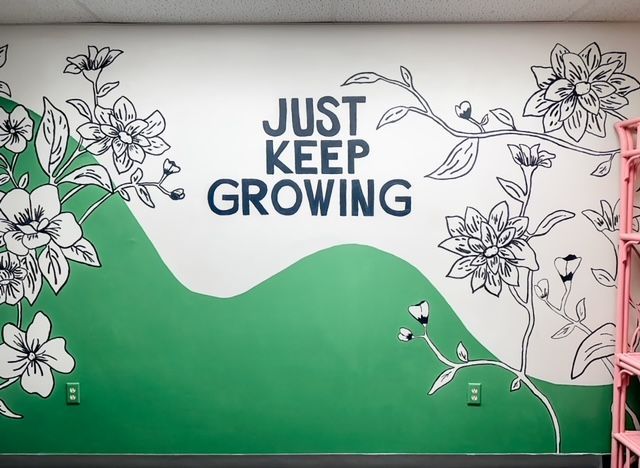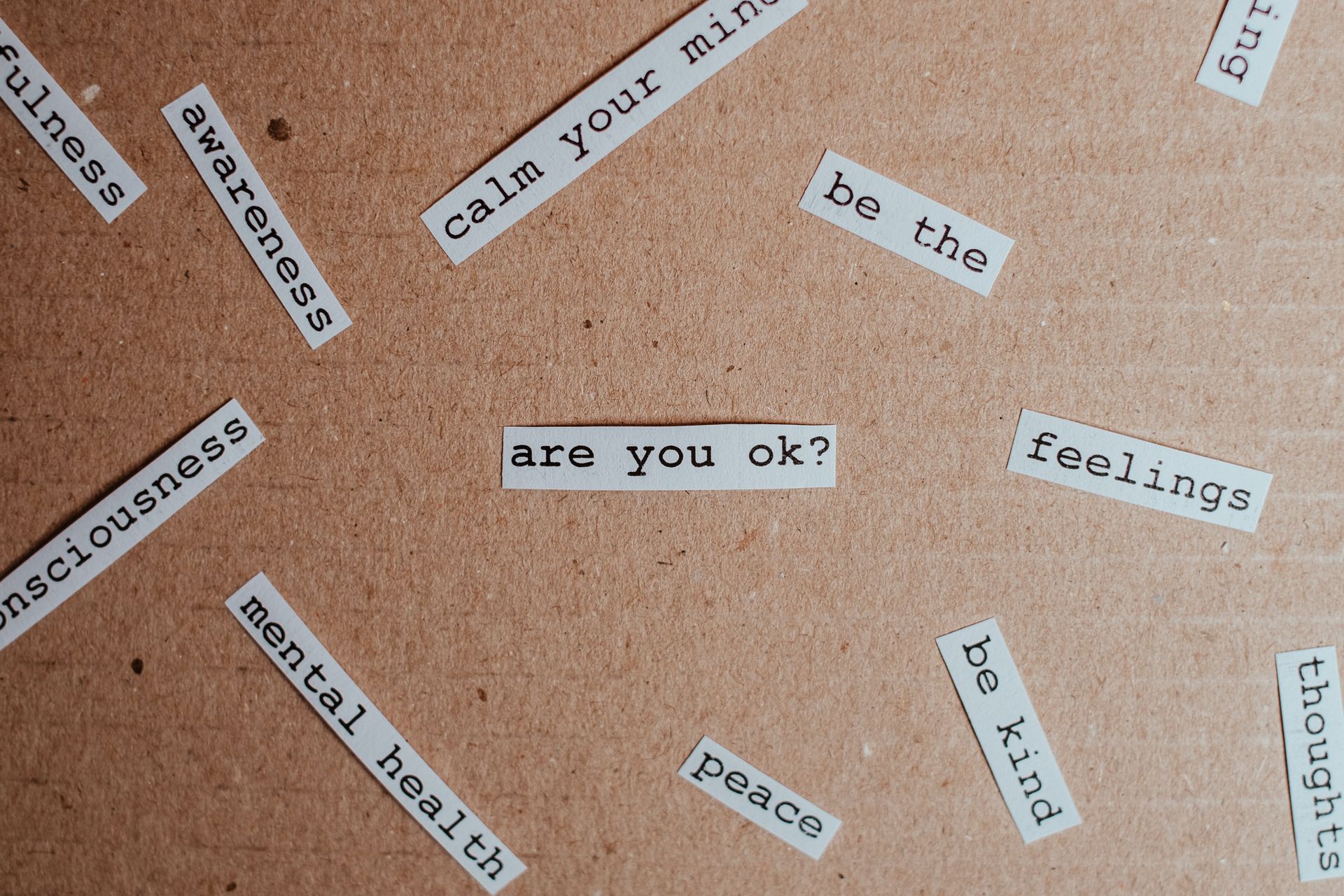Navigating Postpartum Mental Health
When to Seek Support and How Therapy Can Help

Understanding Postpartum Mental Health
Welcoming a new baby brings profound changes—joy, exhaustion, and everything in between. While it's normal to feel overwhelmed during this major life transition, some emotional shifts may point to a deeper need for support. At Flourish Counseling & Co, we specialize in postpartum mental health, helping new mothers feel seen, supported, and empowered during one of the most vulnerable times of life.
What Is Postpartum Mental Health?
Postpartum mental health refers to the emotional, psychological, and behavioral well-being of a person after childbirth. It includes conditions such as:
- Postpartum Depression (PPD)
- Postpartum Anxiety
- Postpartum OCD
- Postpartum PTSD
- Postpartum Psychosis (less common, but serious)
Common Signs of Postpartum Depression and Anxiety
It can be difficult to tell what’s normal after birth and what might require support. While “baby blues” are common in the first two weeks, symptoms that persist or worsen may indicate something more serious.
Signs of postpartum depression:
- Persistent sadness or hopelessness
- Difficulty bonding with your baby
- Changes in sleep or appetite
- Feeling overwhelmed or worthless
- Thoughts of harming yourself or your baby (seek help immediately)
Signs of postpartum anxiety:
- Constant worry or racing thoughts
- Feeling on edge or restless
- Panic attacks
- Trouble sleeping even when the baby sleeps
- Physical symptoms like rapid heartbeat or dizziness
You're Not Alone.
Postpartum mental health issues are more common than many people realize. Up to 1 in 7 women and 1 in 10 new fathers experience postpartum depression. Yet due to stigma or shame, many suffer in silence.
Therapy provides a safe, nonjudgmental space to process these emotions and begin healing.
How Therapy Supports Postpartum Mental Health
At Flourish Counseling & Co, we use evidence-based approaches to help new parents manage postpartum mental health challenges, including:
- Cognitive Behavioral Therapy (CBT) to challenge negative thought patterns
- Mindfulness and grounding techniques to reduce anxiety and increase presence
- Trauma-informed therapy for birth trauma or postpartum PTSD
- Partner support sessions to improve communication and shared parenting
Therapy can help you rediscover a sense of self, regain confidence, and feel more emotionally balanced.
Additional Support Options
In addition to therapy, consider:
- Joining a postpartum support group (in person or virtual)
- Asking for help from trusted family or friends
- Speaking with your OB-GYN or primary care provider
- Exploring medication with a psychiatrist if needed
When to Reach Out
You don’t have to wait until things feel “bad enough” to ask for help. If you’re feeling emotionally off, disconnected, or overwhelmed, you deserve support now.
At Flourish Counseling & Co, we offer compassionate postpartum therapy tailored to your unique experience. Whether you're weeks, months, or even years into parenthood, your mental health matters.
Ready to begin? Contact us today to schedule a free consultation and take the first step toward feeling like yourself again.




